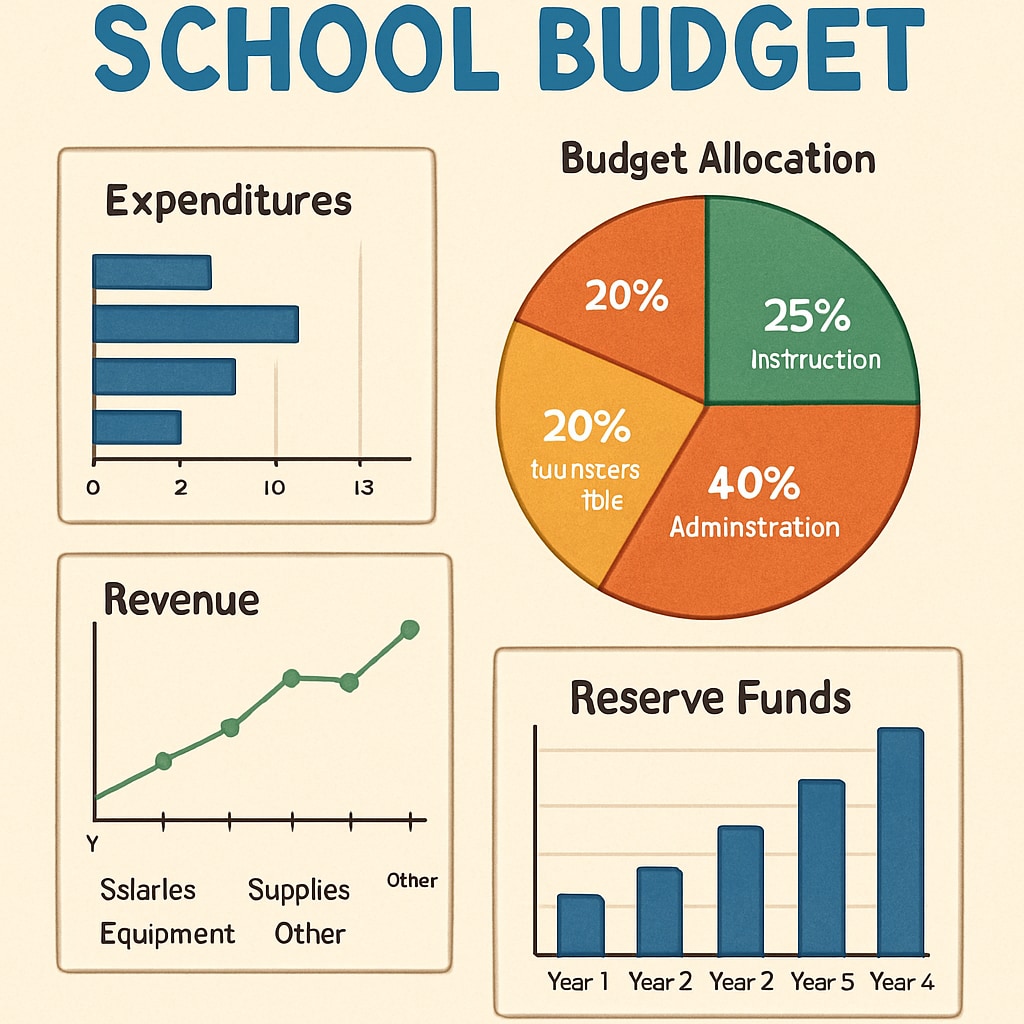The intersection of business analytics and finance creates powerful career opportunities in K12 education. Professionals with this dual expertise bring unique value to educational institutions, technology firms, and consulting practices.

Why This Skillset Matters in Education
The K12 education sector increasingly relies on data-driven decision making. According to Education Week’s research, schools now invest heavily in:
- Student performance analytics
- Budget optimization tools
- ROI measurement for educational programs
Financial expertise complements these analytical needs, creating demand for professionals who understand both domains.
Three Growing Career Pathways
1. EdTech Product Management: Develop tools that analyze learning outcomes while ensuring financial viability. For example, educational technology platforms need professionals who can:
- Interpret usage data
- Forecast revenue streams
- Balance pedagogical value with business sustainability
2. School District Financial Planning:

Public and private schools need specialists who can:
- Analyze spending patterns
- Model different funding scenarios
- Communicate complex financial data to stakeholders
3. Education Consulting: Advise institutions on:
- Cost-effective program design
- Data-informed strategic planning
- Performance-based budgeting
Regional Opportunities
Singapore: The Smart Nation initiative creates demand for analysts who can evaluate digital learning tools’ effectiveness and financial impact.
United States: ESSA (Every Student Succeeds Act) requires detailed reporting on educational spending and outcomes.
Australia: The Gonski reforms emphasize needs-based funding, requiring sophisticated analysis of resource allocation.
For professionals considering career planning in business analytics and finance, the education sector offers stable, meaningful opportunities with competitive compensation. The combination of technical skills and financial acumen positions graduates for leadership roles in this growing field.


